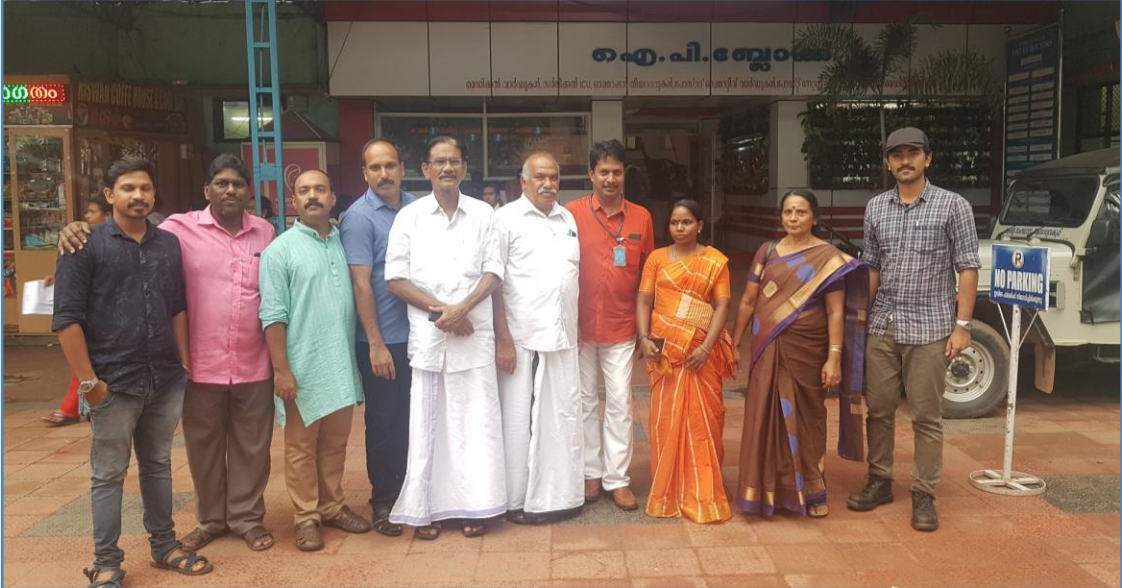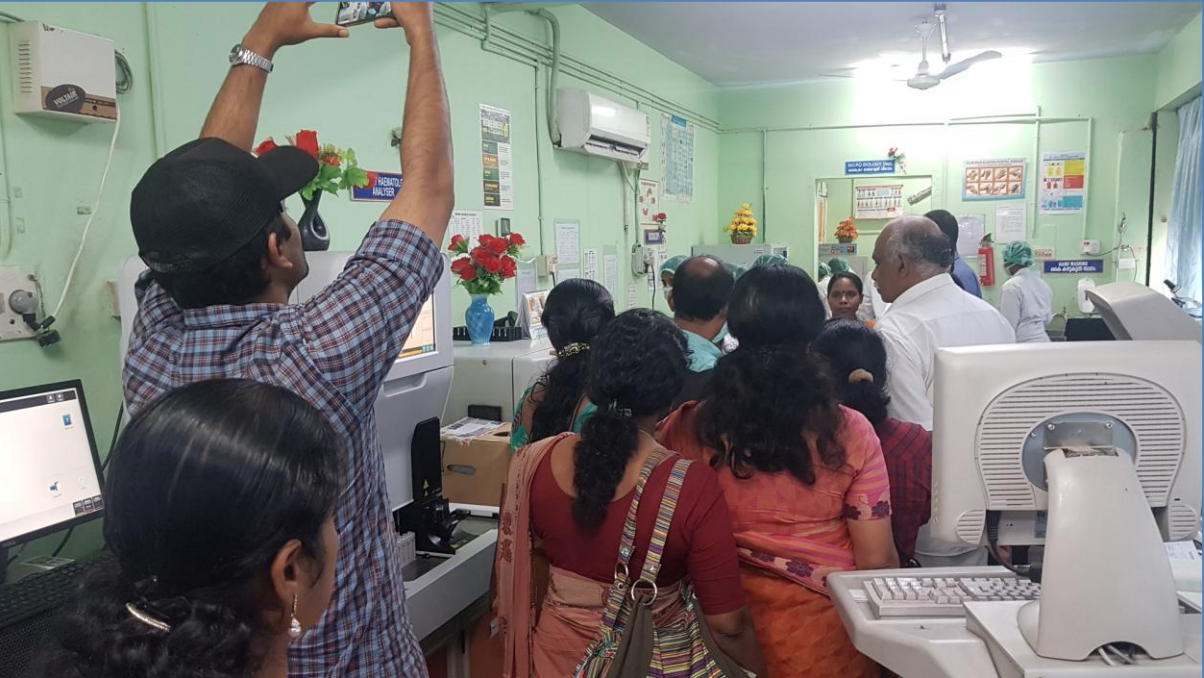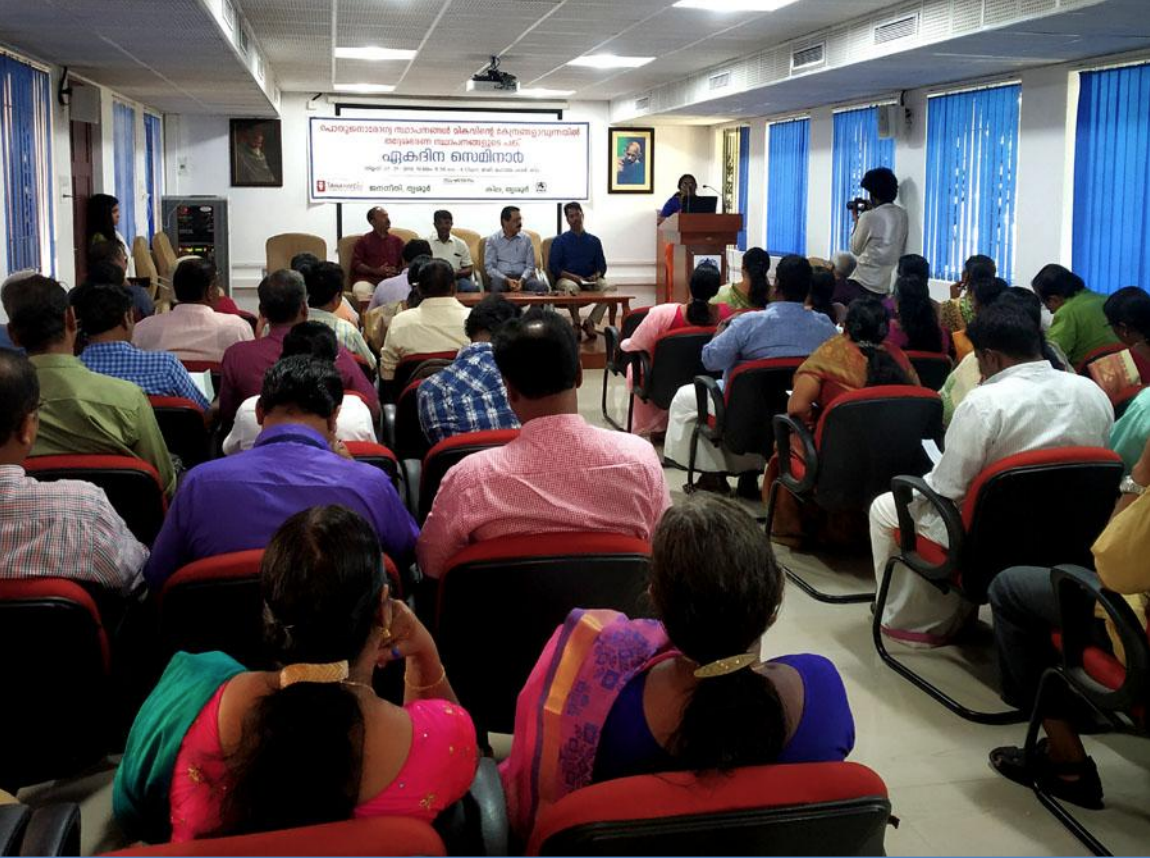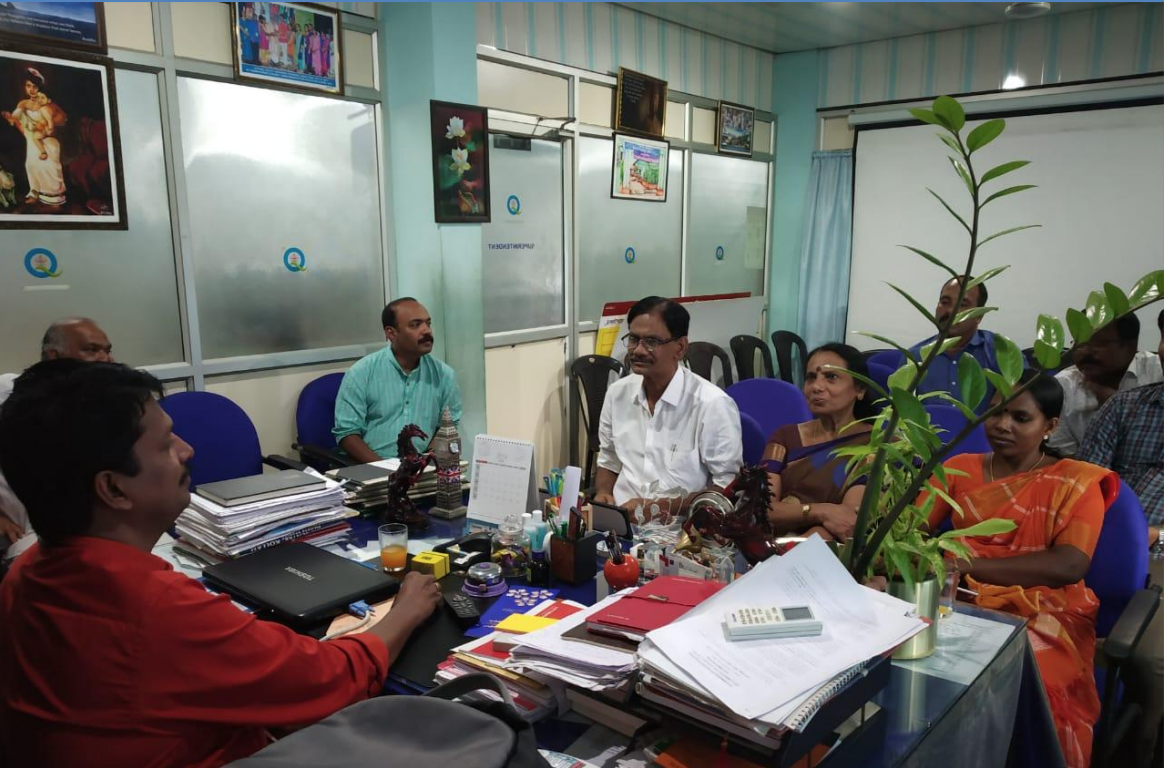
The Health Transparency Initiative’s (HTI’s) pilot project was a study undertaken by Indian-based CSO, Jananeethi, intended to help reduce corruption in health service delivery in Thrissur district by shining a light on the district’s public health facilities. This project was provoked by the closure of the operating theaters of the district’s general hospital as ordered by the Kerala High Court. The theaters had been re-modeled at great expense, yet poor maintenance led to a rodent infestation. Due to public outrage, Jananeethi was asked to help restore the hospital to working condition. In large part, this was because of a prevailing suspicion that doctors and medical staff, were undermining public health services to push patients towards higher-cost private clinics they can ill afford.




The study comprised both data collection and analysis, as well as advocacy, awareness building and community participation. The research was in two parts: (i) a benchmark analysis of health facilities against Indian Public Health Standards (quantitative) and (ii) a baseline survey to assess public perceptions of health care services (qualitative). Wherever possible, gaps in knowledge were filled through recourse under the Right to Information Act (RTI). The findings of the research were then used to engage constructively with hospital officials and doctors, and to elicit opinions of stakeholders at public hearings
Jananeethi is now engaged in a three-year (2018-2020) project that follows-up on the HTI pilot. The pilot confirmed suspicions that vested interests were undermining public health services. The second project is systematically addressing the shortcomings identified.
Jananeethi is primarily undertaking the following activities under the project:
- assisting government mandated Hospital Management Committees (HMC) provide more effective oversight;
- establishing a Health Watch Committee of citizen monitors; and
- supporting citizen engagement with local government and health workers.
The major two premises upon which the project’s oversight mechanisms are built on are the replication of the Punalur Model and compliance with the Kerala Accreditation Standard for Health Care (KASH).
- The basic concept of the Punalur Model is that of doctors, hospital management committee and the people’s representatives working with commitment in developing hospitals under civic bodies (like public health centers).
- The Kerala Accreditation Standard for Health Care (KASH) is prepared based on the NABH and IPHS standards. It aims to enhance the patients’ quality of care by providing better medical treatment and preventive healthcare medical care services with easy accessibility, affordability and equity.
Jananeethi worked with the KILA (Kerala Institute for Local Administration) nodal agency to develop a training program for more than 200 representative from all hospitals in the Thrissur District. The seminar had three technical sessions on Punalur model, KASH and experiences sharing from the ground. Participants were also introduced to hospitals in Thrissur District which made remarkable improvements through proper planning and clear vision.
The project has also established “Health Watch Committees” – organized, independent bodies of prominent, knowledgeable and non-controversial members – who aare accessible, credible and committed to obtain and assess relevant independent information, act as a catalyst for change, and monitor progress in target health centers. They function in collaboration with local government, Hospital Management Committee and Hospital administration.
In their engagaement with government officials and public health workers, both Jananeethi and the Health Watch Committees emphasise their role as “trouble shooters rather than trouble makers.” This approach has led to invitations from government officials to work with them on resolving individual health center challenges and to serve as official members on key planning and mangement committees, leading to tangible improvements in health outcomes.

